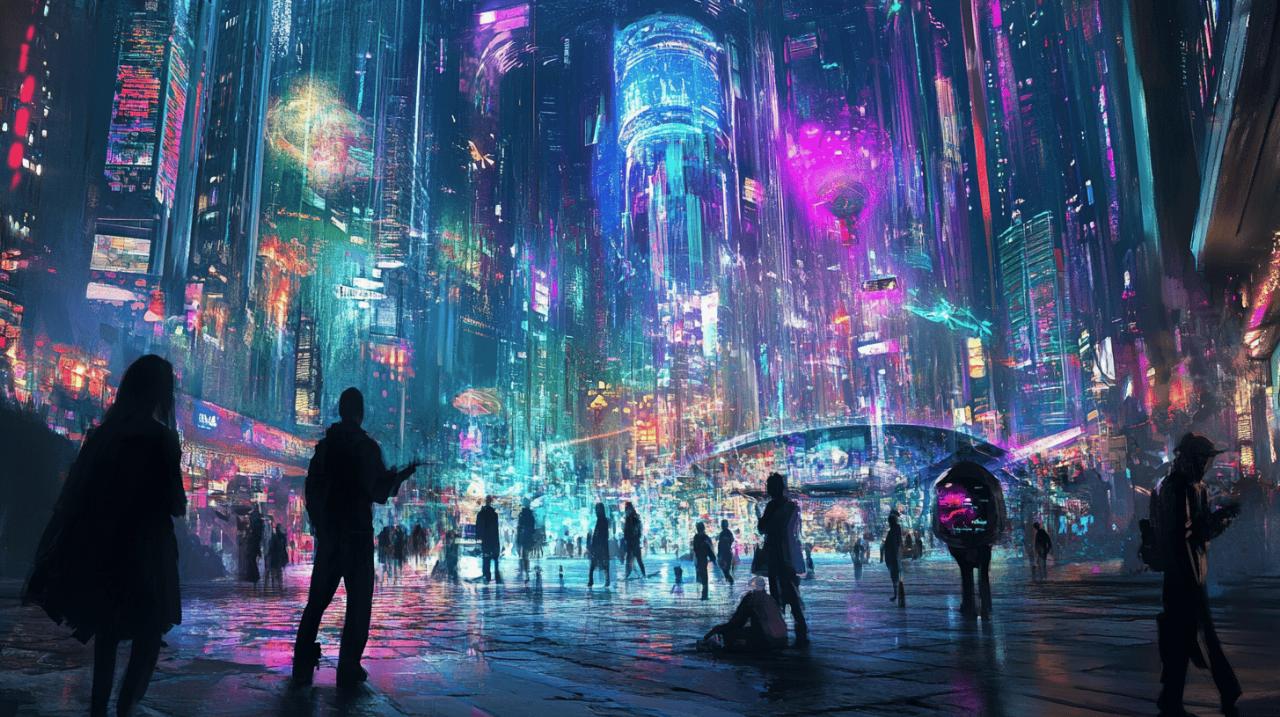The evolving landscape of digital technology
In today’s rapidly changing world, keeping pace with digital innovations has become essential for both individuals and businesses alike. Digital Street, a prominent platform for tech enthusiasts, has been documenting these transformations across various sectors. The convergence of multiple technologies is reshaping how we interact with the digital realm, creating unprecedented opportunities while simultaneously presenting new challenges for users and developers.
Breakthrough advancements in artificial intelligence
Artificial intelligence has evolved from a theoretical concept to a practical tool embedded in countless applications we use daily. Recent developments in foundation models have dramatically expanded AI capabilities, with 77% of executives agreeing that AI agents will fundamentally reinvent how organisations build digital systems. This technological revolution isn’t just changing business processes—it’s transforming entire industries through automation and machine learning implementations.
The concept of personalised AI is gaining significant traction as companies seek to differentiate their brand experiences. Interestingly, 80% of executives acknowledge that chatbots with identical personalities create differentiation challenges in an increasingly crowded marketplace. As AI becomes more sophisticated, organisations are focusing on creating distinctive AI personalities that align with their brand values while building trust with their customers.
The rise of immersive virtual reality experiences
Spatial computing technologies are creating more immersive digital experiences that blur the line between physical and virtual realms. This technology trend extends beyond gaming and entertainment into practical applications for workforce development, training simulations, and collaborative workspaces. The integration of virtual reality with AI systems is opening new frontiers for content creation and consumption.
Social media platforms are experimenting with immersive experiences that go beyond traditional content formats. From TikTok’s innovative approaches to cooking podcasts to advanced interactive features on streaming platforms like Twitch (which evolved from Justin.tv), these technologies are reshaping digital entertainment and communication channels. The demand for more engaging digital experiences continues to drive innovation in this space.

Revolutionary digital solutions transforming industries
Digital transformation has moved beyond buzzword status to become an imperative for organisational survival. Companies across sectors are implementing comprehensive digital strategies that encompass everything from customer experience to internal operations. This transformation process often requires significant changes to corporate culture, with 68% of executives reporting a need to upskill or reskill their employees in generative AI tools and technologies within the next three years.
Blockchain applications beyond cryptocurrency
While blockchain technology initially gained prominence through cryptocurrencies, its applications have expanded considerably. Secure, transparent digital ledgers are now being implemented across various industries to verify transactions, manage supply chains, and authenticate digital assets. The technology provides robust solutions for establishing trust in digital ecosystems where verification is crucial.
Smart contracts and decentralised applications built on blockchain technology are creating new possibilities for automation and disintermediation across industries. These applications are particularly valuable in scenarios requiring transparent record-keeping and verification, such as legal contracts, intellectual property management, and digital identity verification. As GDPR compliance becomes increasingly important, blockchain solutions offer promising approaches to data protection and privacy management.
Smart city technologies enhancing urban living
Urban environments are being transformed through the integration of digital technologies that enhance efficiency, sustainability, and quality of life. Smart city initiatives leverage interconnected sensors, data analytics, and automation to optimise everything from traffic flow to energy consumption. These systems collect and analyse vast amounts of data to improve decision-making and resource allocation.
Cyber security considerations are paramount as cities become more digitally connected. The expansion of interconnected systems creates new vulnerabilities that must be addressed through comprehensive security frameworks. According to industry reports, organisations must balance innovation with protection, implementing core modernisation strategies that enhance security while enabling new capabilities. This delicate balance is essential for maintaining public trust in increasingly automated urban environments while delivering the benefits of digital innovation.





